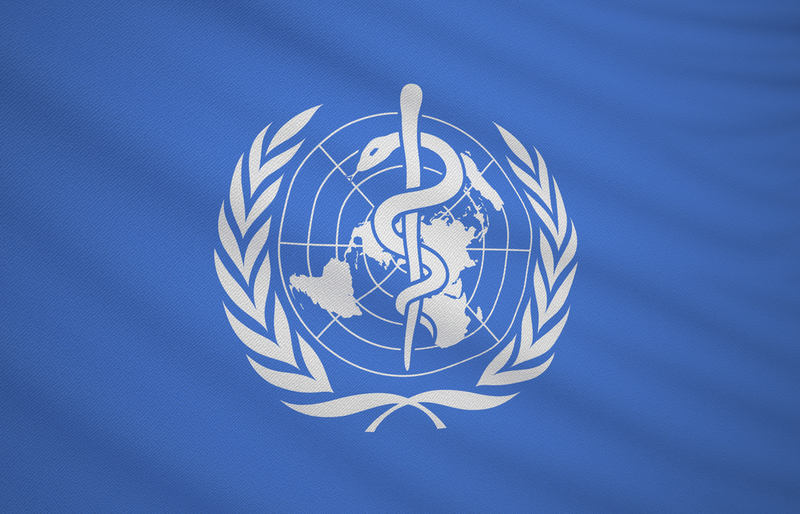Strengthen emergency medical teams to be better prepared for public health emergencies: WHO
PTI Sep 07, 2018
The World Health Organization asked countries in its South-East Asia Region, including India, on September 6 to strengthen their emergency medical teams to be better prepared for public health emergencies.

As per the 2016 World Disaster Report, the region disproportionately accounted for 26.8 per cent of the deaths in emergencies over the past decade. The global health body asked member countries to develop and implement a national plan for strengthening systems for emergency medical teams (EMTs) in collaboration with all key partners.
It also asked countries in the region to establish and strengthen national mechanisms which supports effective and high-performing national EMTs in line with the WHO Classification and Standards. The WHO said experience from health emergencies in the region have shown that following a sudden-onset disaster, large number of EMTs or emergency response teams often arrive in the affected country to provide emergency care to affected people.
"Strengthening national and regional-level EMTs is a high-impact investment in reducing deaths, diseases and disabilities due to disasters, outbreaks and other emergencies. "EMTs contribute to life-saving critical interventions," Dr Poonam Khetrapal Singh, Regional Director WHO South-East Asia Region, said at the ongoing Regional Committee meeting here. The meeting is being attended by health ministers and senior officials of the 11-member countries.
The EMTs are national, international, government, non-governmental, civilian and military, and these teams have varied capacities, and their deployment is often not based on assessed needs. "To be more effective, EMTs need to be standardised, strengthened and well-coordinated," she said.
The global health body said it was helping mentor EMTs to improve their capacities in line with international standards. The WHO EMT Initiative aims at supporting countries, non-governmental organisations and international organisations by identifying minimum standards, best practices, logistics and standard operating procedures for operating field coordination, for saving lives, preserving health and protecting dignity.
The initiative seeks to improve timeliness and quality of health services provided by national and international EMTs, enhance the capacity of national health system to lead and coordinate such teams. "In an emergency, the outcome of the response depends on how quickly the right expertise reaches the right place at the right time to meet the needs of the affected people," Dr Singh said. The South-East Asia Region is vulnerable to various disasters and emergencies such as earthquakes, floods, tsunamis, landslides and volcanic eruptions.
-
Exclusive Write-ups & Webinars by KOLs
-
Daily Quiz by specialty
-
Paid Market Research Surveys
-
Case discussions, News & Journals' summaries